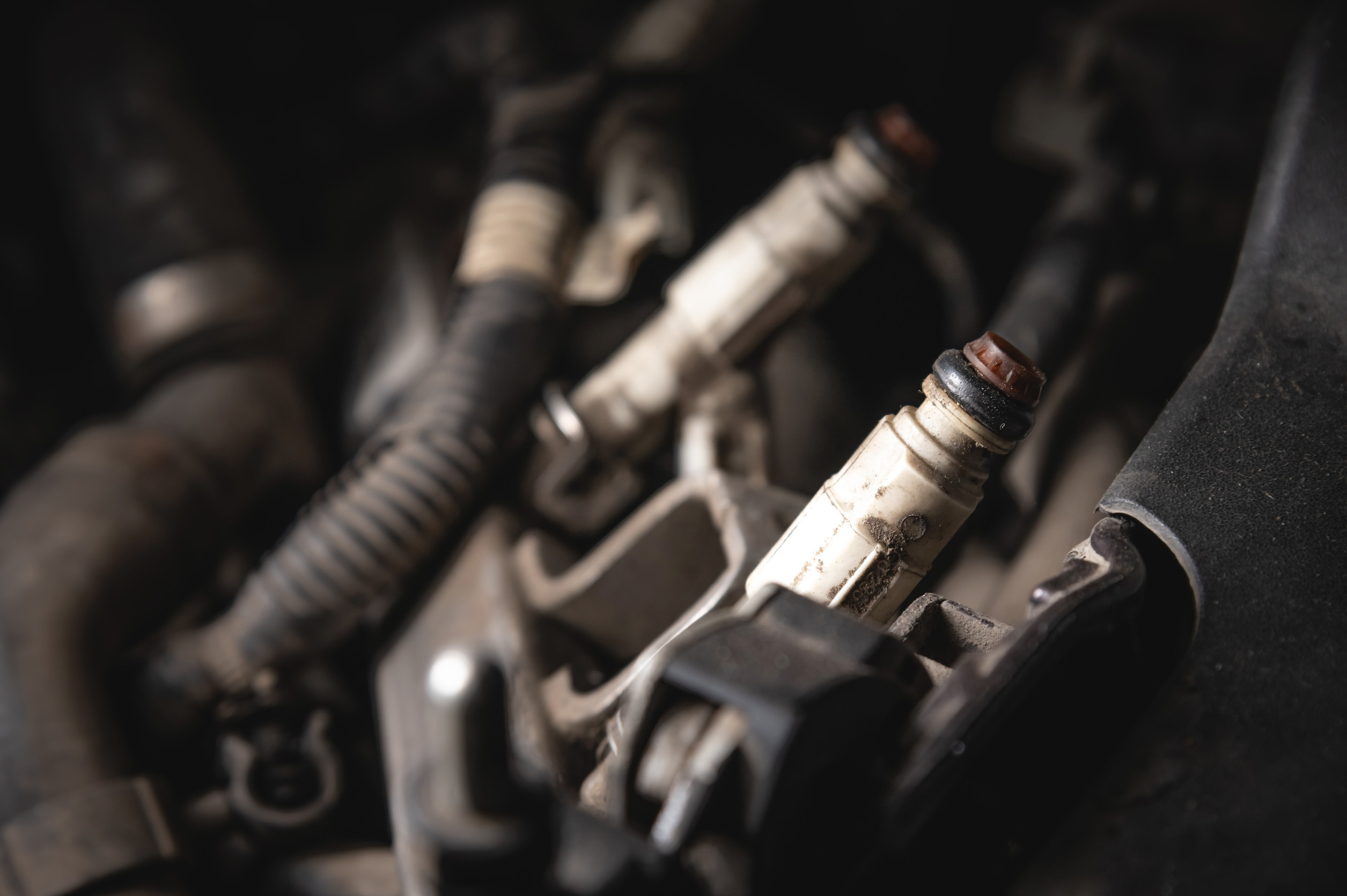

Fuel injectors are yet another key component of your vehicle. They directly impact your engine’s performance and if they become clogged, it can cause serious problems. If you find that your fuel injectors are clogging up often, there are several factors that could be to blame. Understanding why your fuel injectors clog so quickly can help you take steps to prevent problems. Here are the reasons this might happen and what you can do to stop it.
1. Using Low-Quality or Contaminated Fuel
Believe it or not, not all fuel is created equal. When it comes to your car’s fuel injectors, using low-quality gasoline can cause clogs. Some gas stations sell fuel with higher ethanol content, which can leave more deposits in your fuel system. Contaminated fuel, often caused by water or dirt in underground tanks, accelerates clogging. Cheap fuel lacks the necessary detergents to keep your injectors clean over time. It’s also a good idea to check your owner’s manual to ensure you are using the right type of gas. Some makes and models require Premium fuel and neglecting to put the right gas in your car can cause problems as well.
2. Skipping Regular Fuel System Maintenance
As a former mechanic, I can tell you that regular maintenance goes a long way with your car. It will ultimately help prevent huge repair bills from popping up unexpectedly. You can get ahead of any major issues because you know your vehicle is well-maintained. That said, many drivers wind up neglecting fuel system maintenance. It doesn’t ever seem “necessary,” but it can help you prevent issues like clogged fuel injectors. More specifically, you should ensure that your fuel filter is being changed on a regular basis. Also, don’t let your car completely run out of gas too often. Running your gas tank too low frequently can pull sediment from the bottom, increasing the chances of clogged injectors.
3. Short Driving Trips and Infrequent Use
If you mostly take short trips, your engine doesn’t get hot enough to burn off fuel deposits. Cold starts and short drives increase the buildup of carbon and varnish inside your injectors. Vehicles that sit for long periods also develop fuel residue, leading to clogs over time. Modern fuel injectors operate with precision, and any obstruction can disrupt the spray pattern. If possible, taking longer highway drives helps burn off deposits and keeps your injectors clean.
4. Excessive Idling and Stop-and-Go Traffic
Idling for long periods and driving in heavy traffic can speed up fuel injector clogging. When your engine runs at low RPMs for extended times, fuel burns less efficiently, leaving behind deposits. Stop-and-go traffic also contributes to incomplete combustion, which leads to injector buildup. If you’re stuck in traffic frequently, using premium fuel or fuel injector cleaner more often can help. Some newer vehicles have auto start-stop technology to reduce idling, which can minimize fuel injector wear.
5. Failing to Use the Right Oil and Air Filters
Your engine’s air and oil filters play a significant role in keeping injectors clean. Dirty air filters allow contaminants to enter the combustion chamber, increasing injector deposits. Old or low-quality engine oil can create sludge that affects fuel combustion efficiency. Using the correct grade of oil and replacing air filters as recommended helps maintain clean fuel injectors. If you drive in dusty or high-pollution areas, replacing filters more frequently is a good idea.
Keep Your Fuel Injectors Running Smoothly
At the end of the day, clogged fuel injectors happen. However, they shouldn’t be a frequent problem you are facing. To avoid having your car in the shop on a regular basis, make sure that you are putting the right gas into your vehicle, taking it out for drives regularly, and changing out your filters. As always, I recommend performing regular maintenance on your car as well. Doing this will help you identify problems like a clogged fuel injector before it becomes too much of an issue.
Read More
Don’t Let a Bad O2 Sensor Destroy Your Engine Efficiency
Car Buyers’ Window To Dodge Tariffs Is Closing: What You Need To Know


Drew Blankenship is a former Porsche technician who writes and develops content full-time. He lives in North Carolina, where he enjoys spending time with his wife and two children. While Drew no longer gets his hands dirty modifying Porsches, he still loves motorsport and avidly watches Formula 1.

